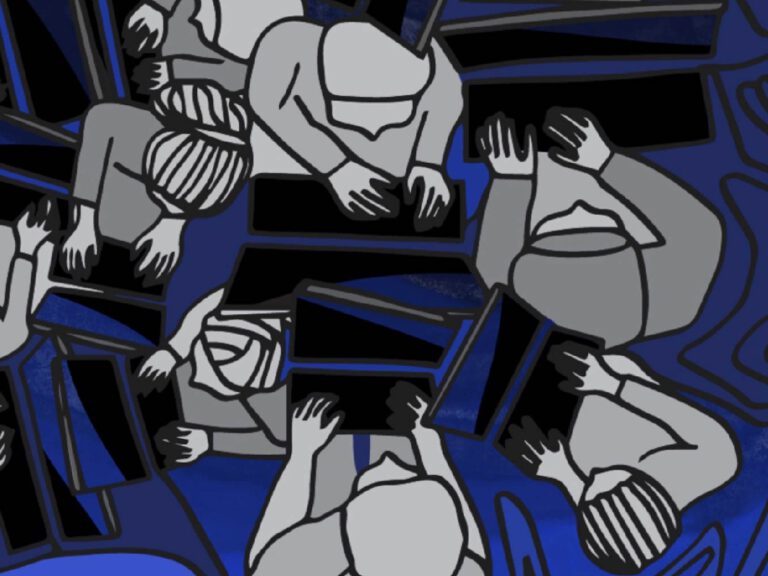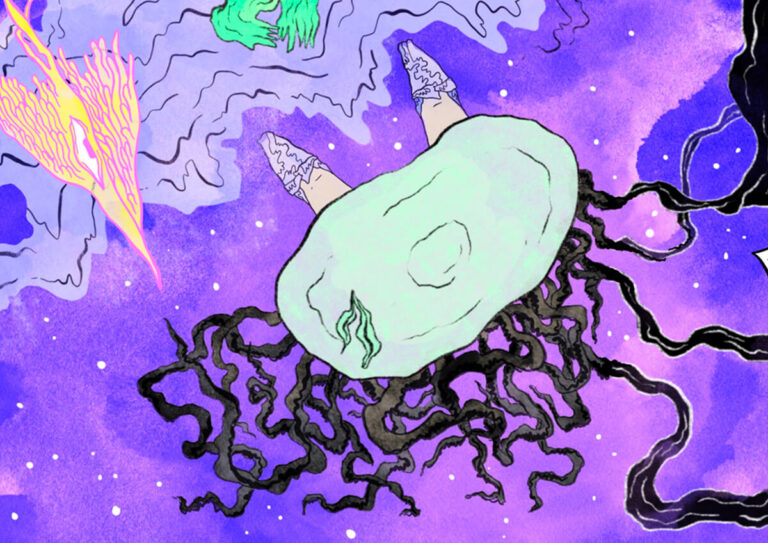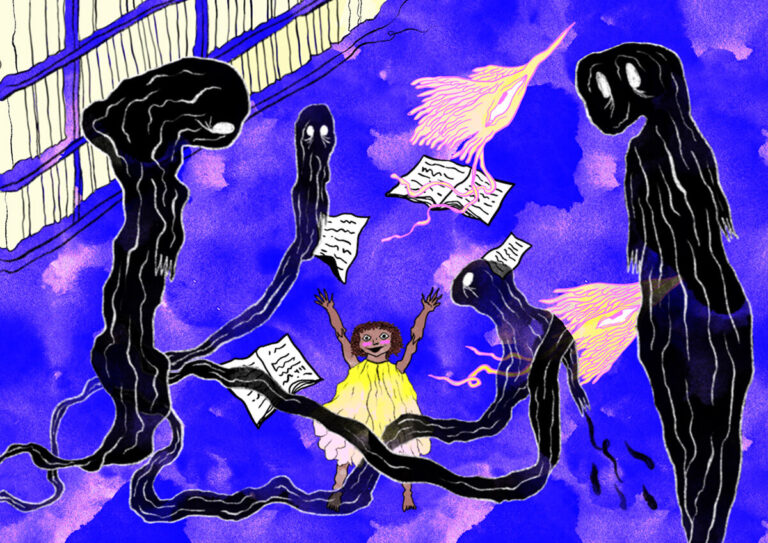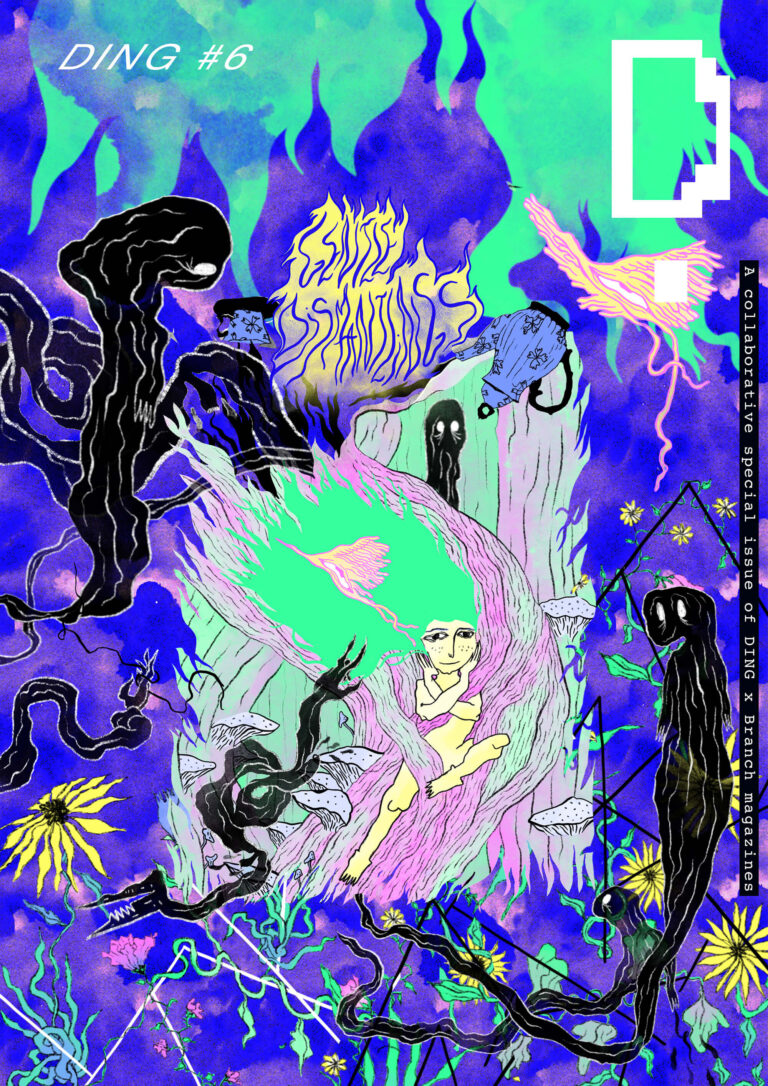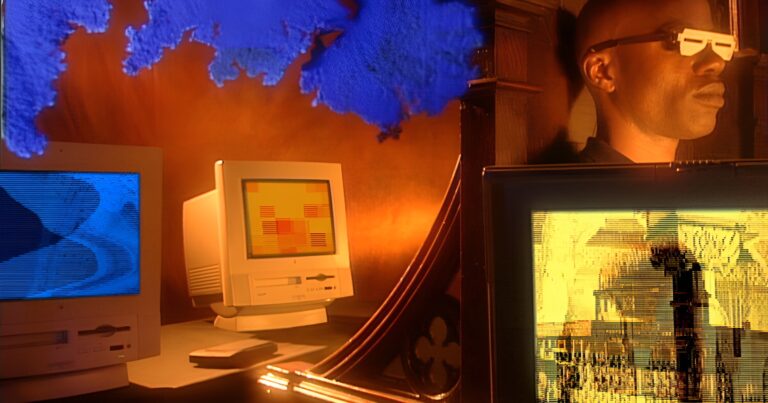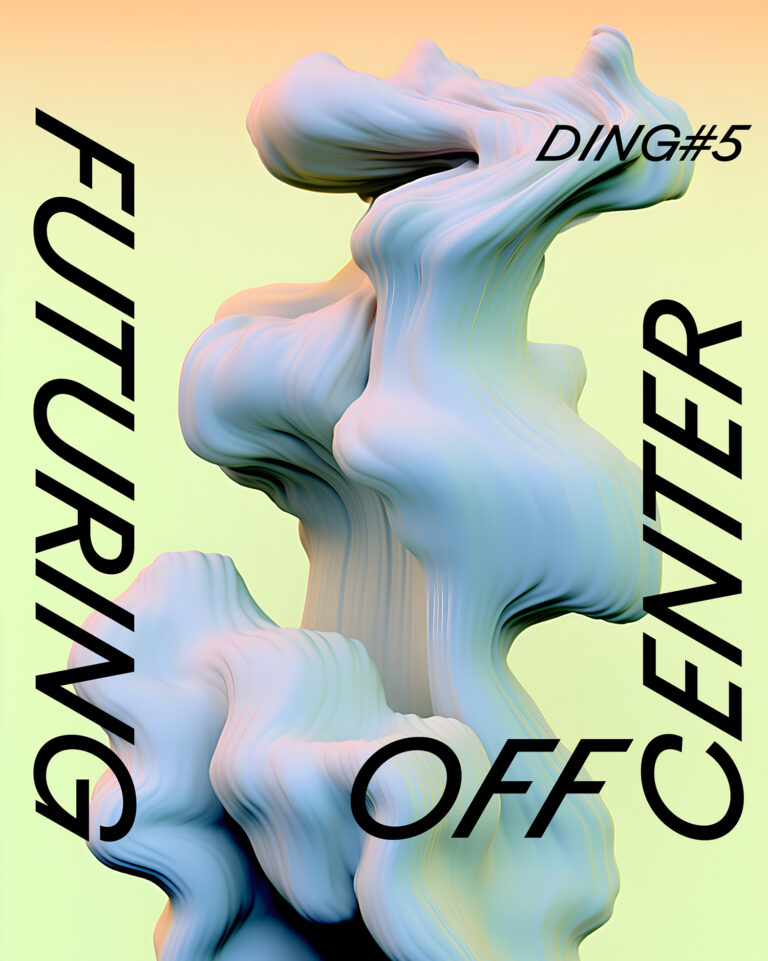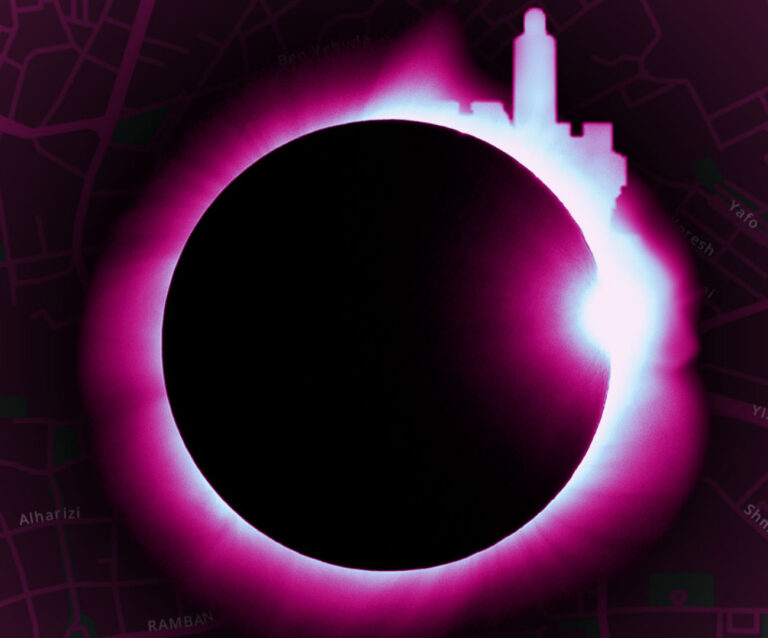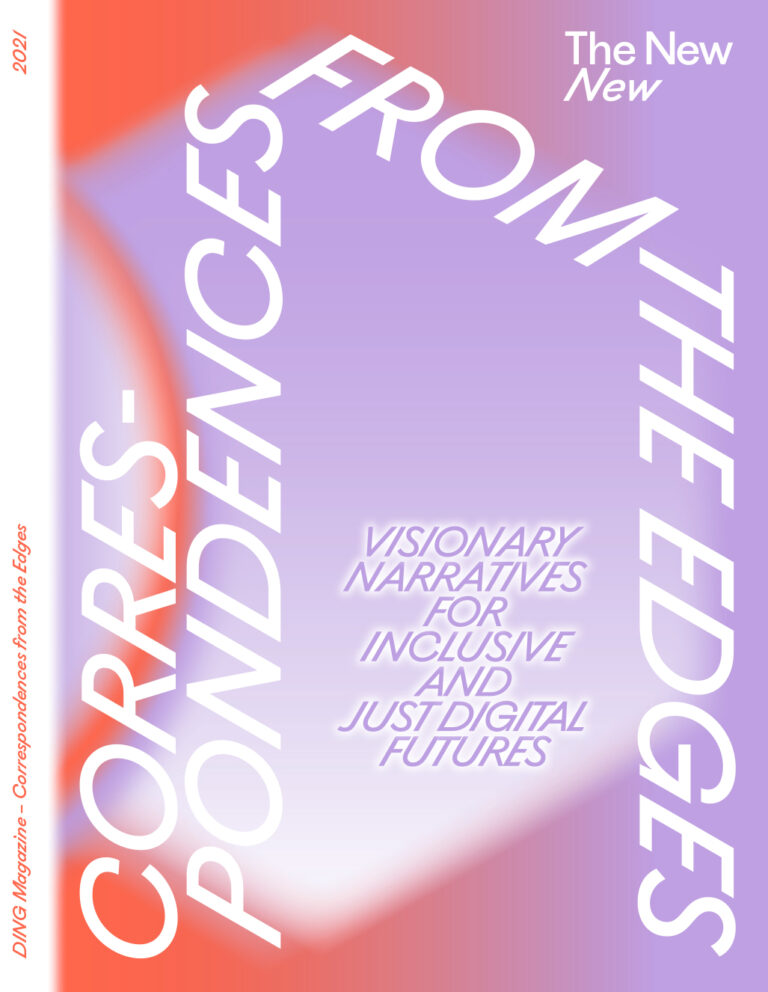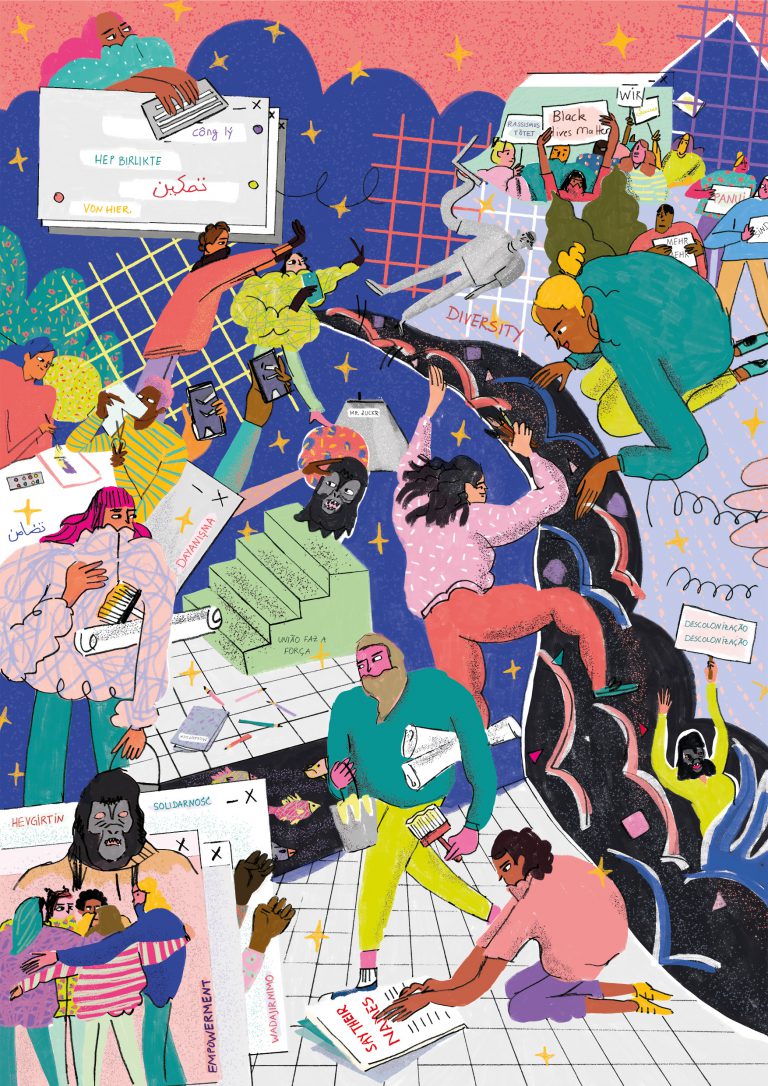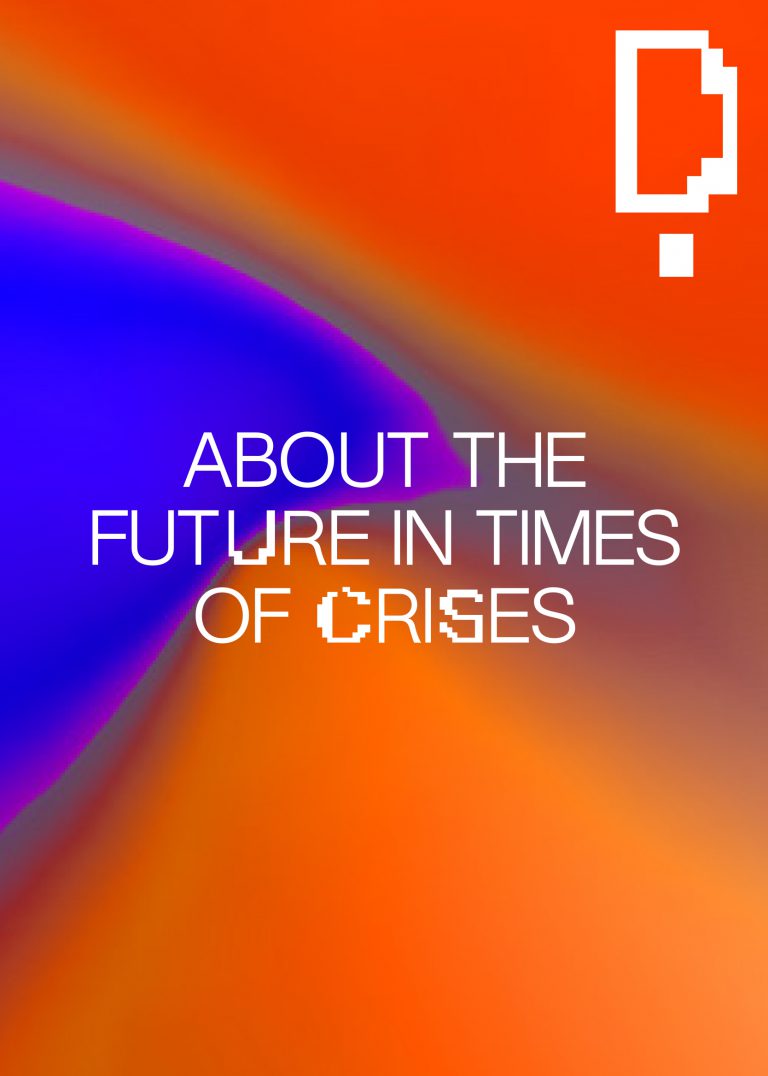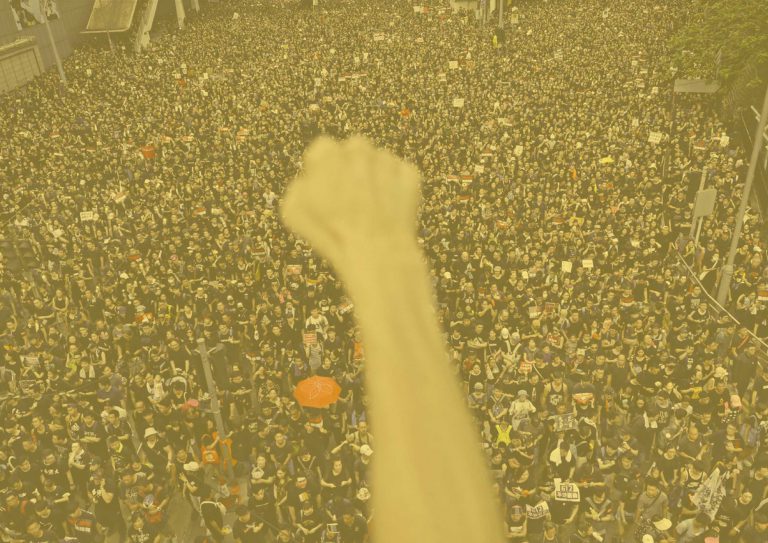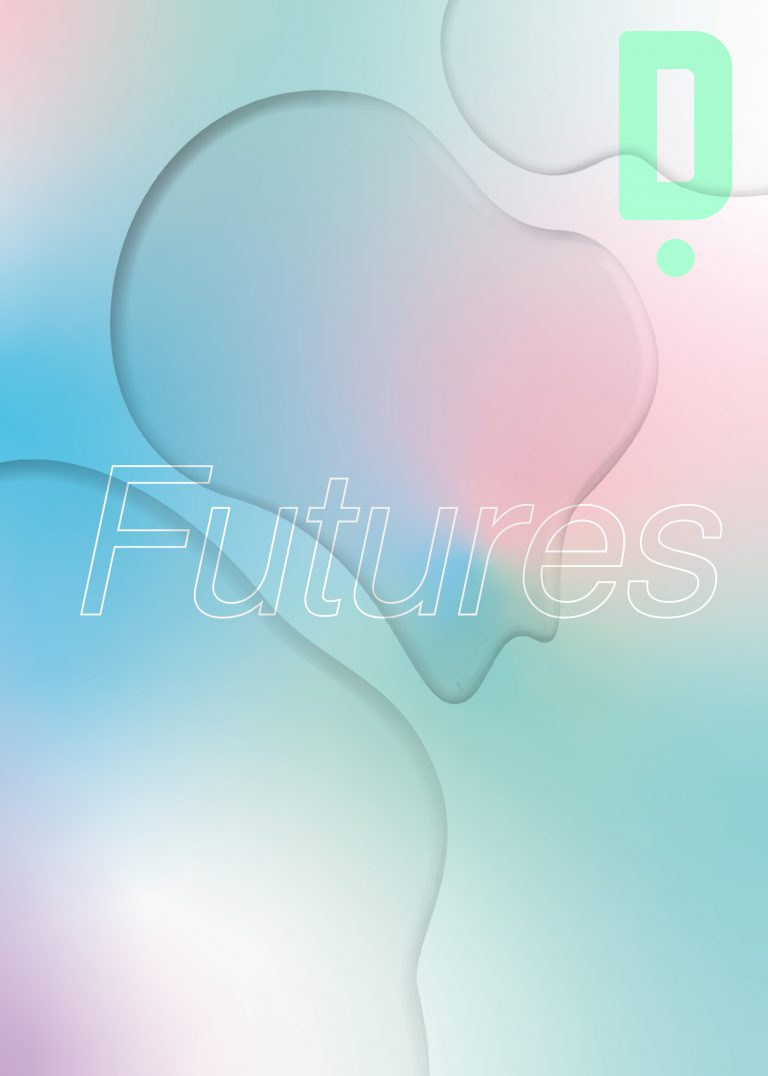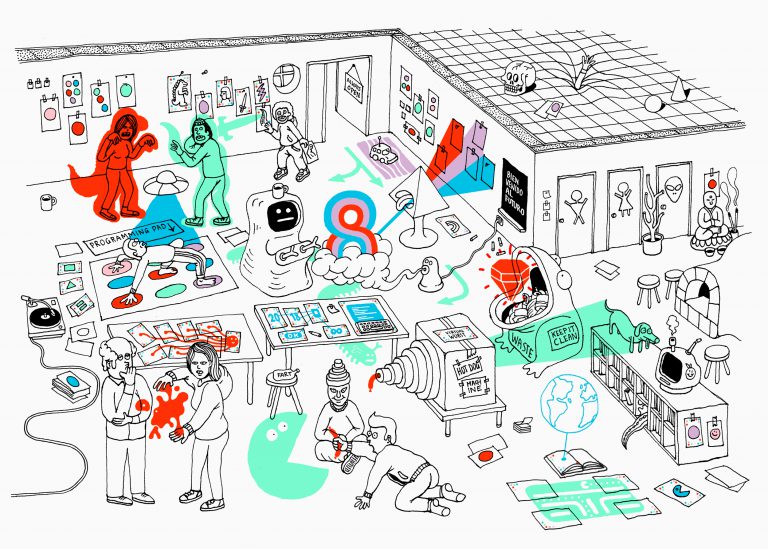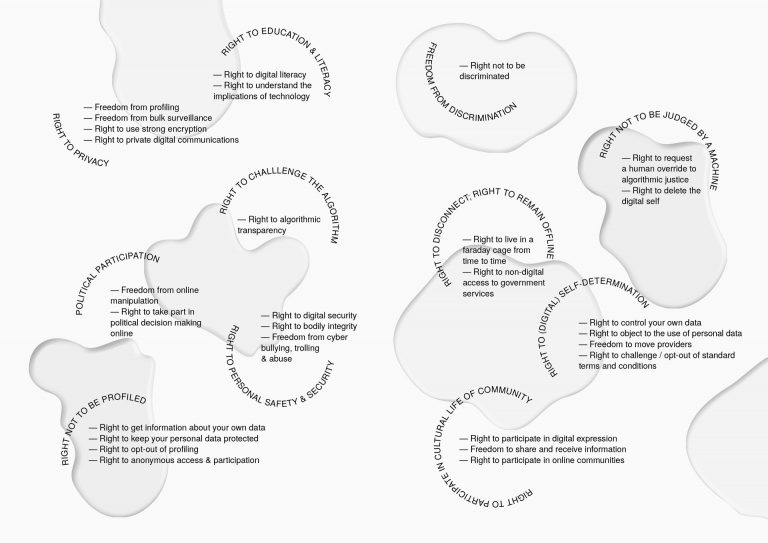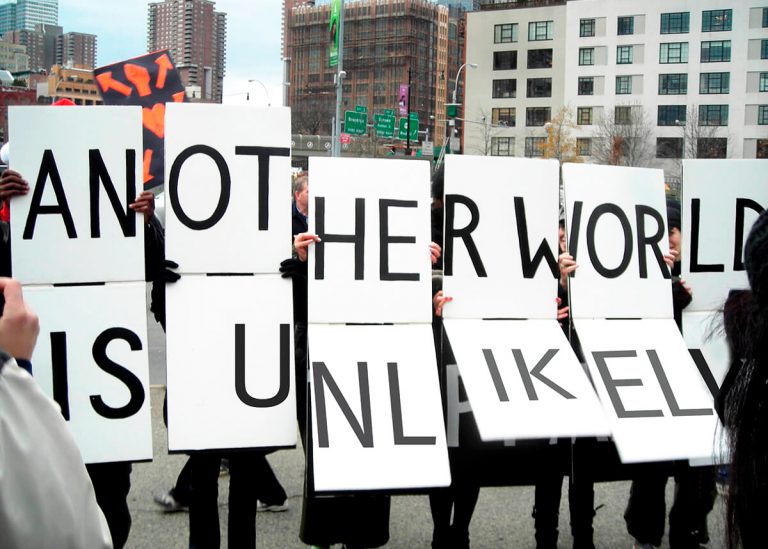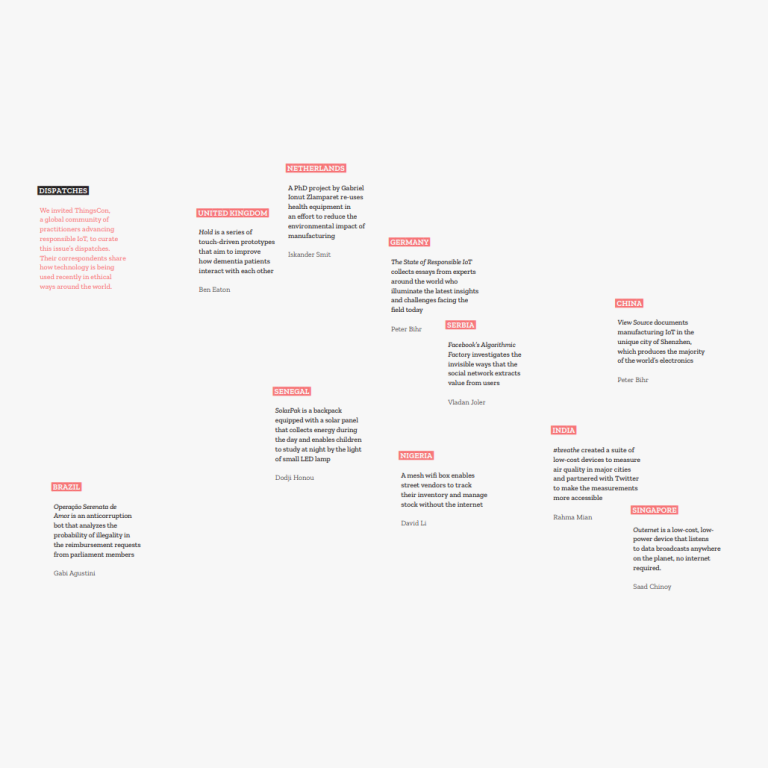Science fiction is also weird. It allows us to envision and bring forth ideas that seem impossible, create objects that don’t exist and engage in fantasies that may never become reality. Because it imagines the future from the perspective of the present, and reflects upon the present through the prism of the future, science fiction is a “weird loop”, which can give rise to distorted images, half-wishes, and uncomfortable truths. At the same time, it can participate in creating that future, or parts of it, by influencing the present, but weirdly, in unpredictable ways.
To put a more human spin on it, imagine being Jules Verne, transported into the 21st century, and confronted with a submarine. Someone has seemingly reached into your mind and extricated an object of your imagination. As a science fiction writer, Verne imagined things that didn’t exist, and while he had uncertain belief in their actualization, he contributed to their emergence with his ideas.
That’s one hell of a power, isn’t it? The beauty of it is that we all possess this power. That capacity is imagination itself, turned towards the future. Without imagination, we’d be paralyzed in a complex world. It enables us to keep hoping and wishing, imagining things as different to how they are. We use imagination frequently, to envision ourselves in the years to come. But from it can also arise an unsettling weirdness which can be embraced and explored. This, essentially, is what science fiction strives to do, to grab hold of that contorted space and try to explore it, to get used to it.
However, with this power comes responsibility. The hegemony of cultural norms inherently counters weirdness. Hegemony is very shrewd and will find ways to “hedge off” the weird and tame it, re-package it in accepted gestures, familiar aesthetics, and “normal” approaches, commodify it into some kind of “weird chic”. In creating safe ways to be “weird”, hegemony has an important ally: each and every one of us and our aversion to the discomfort of the weird. Our instinct is to shy away from this discomfort. Sure, we might poke it once in a while for that thrill of the “safe unsafe”, the rush of breaking the rules without meaningfully rewriting them, but we’ll then retreat to the confines of the established, of the understandable, of the normal. Because what is normal is obvious and appears timeless, it is an especially powerful tool for hegemony. Appearing this way, as the default, is the key to efficient control.
By marketing itself as cutting-edge and daring, yet maintaining most power structures, this safe, “suburban” kind of science fiction appeases both conservative and mainstream readers looking for a weirder future without grappling with what is unsettling. Ultimately, it is a privileged space where certain topics are used to appear daring, liberal, and progressive while concealing a deeper conservatism. In this way, suburban science fiction perpetuates the existing intellectual and cultural order, becoming a vessel for the normalization of the status quo, making it seem timeless and unquestionable. It aligns with the hegemony’s goal of decreasing the amount of power needed for control by presenting itself as a “fait accompli”, as a fact that will always be true.
This is exemplified in the genre’s treatment of space exploration, which focuses on practical questions of extraction and production rather than challenging the system. This is important, because in recent times, space exploration has once again captured the public’s imagination. Science fiction plays a crucial role in shaping this vision, and unfortunately, suburban science fiction currently rules the day. The exploration of space, driven by collaboration between the private sector and the state, raises important questions about resource extraction and control, both in space and on Earth. Yet by mirroring historical power consolidations, science fiction rehashes the present as a poor excuse for a future and so risks downplaying the actions of capitalist figures like Elon Musk and Jeff Bezos. There are clear parallels with previous, historical colonial efforts, and the influence of science fiction in shaping this narrative blurs the lines between reality and fiction in ways that potentially have dire consequences for our future.
If, under the guise of daring, curiosity and shiny spaceships the capitalist order is exported to space, science fiction will be complicit in the pain and suffering which ensues because it will have been used as the cultural language with which such an order is imagined and eventually established. However, there is hope in fantastic, weird science fiction that challenges norms and envisions a different future (A Psalm for the Wild-built by Becky Chambers, The Dispossessed by Ursula K. Le Guin, and the Three Californias series by Kim Stanley Robinson, to name just a few examples). It hinges upon the capacity to imagine freely, and truly rewrite the rules which govern the present. Not all of us may be published authors, but we all have this ability, we can all contribute to creating better narratives which break free from the constraints of the present. We can all use science fiction as a tool to imagine fresh and improved futures. Together, we can collectively envision a better world beyond the limitations of today.

